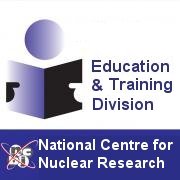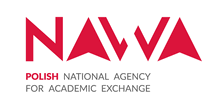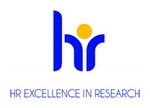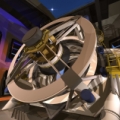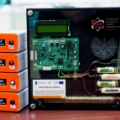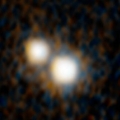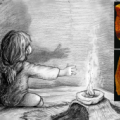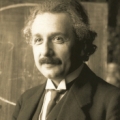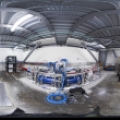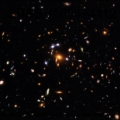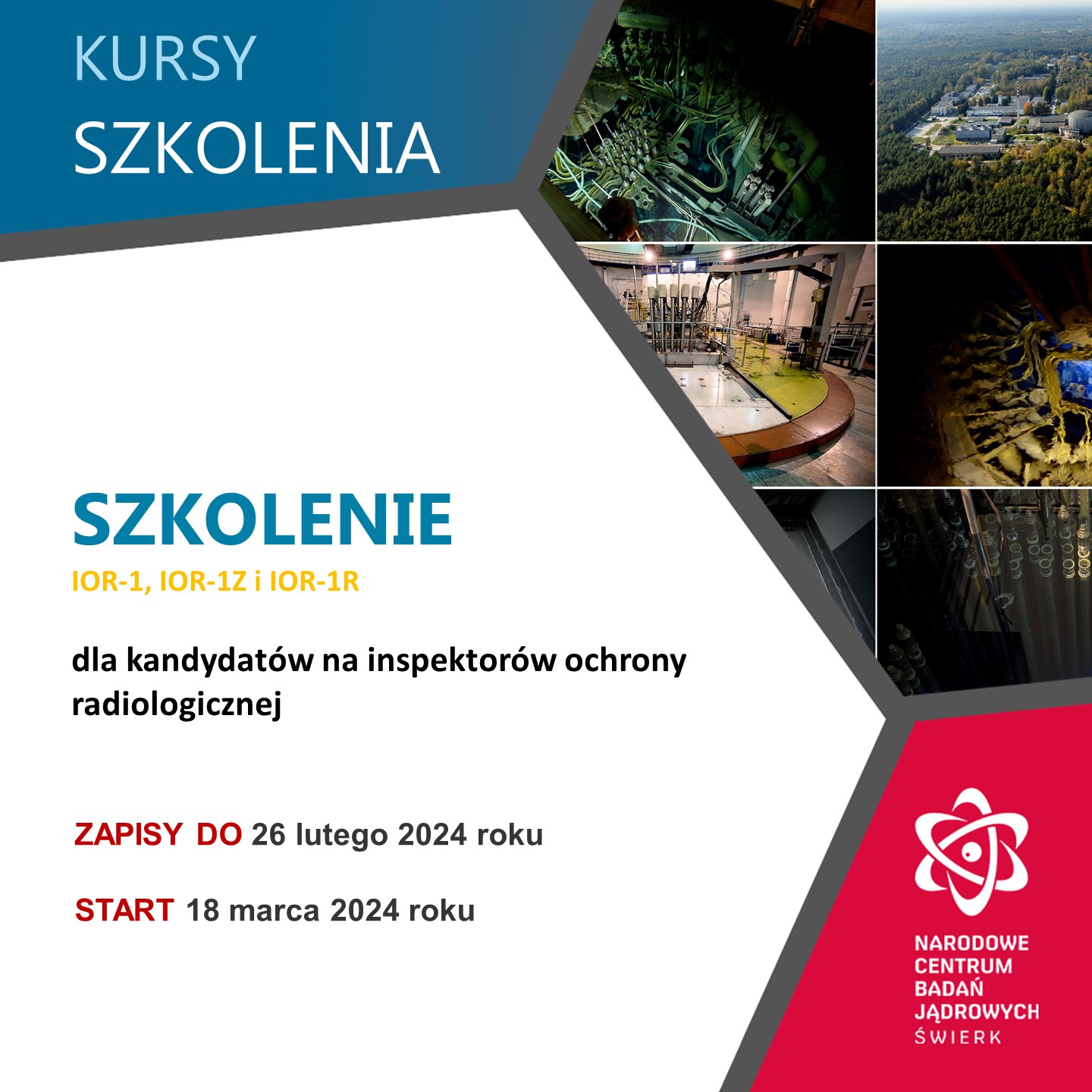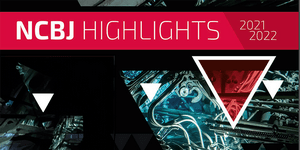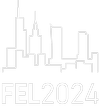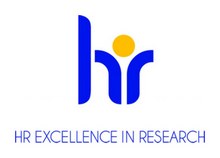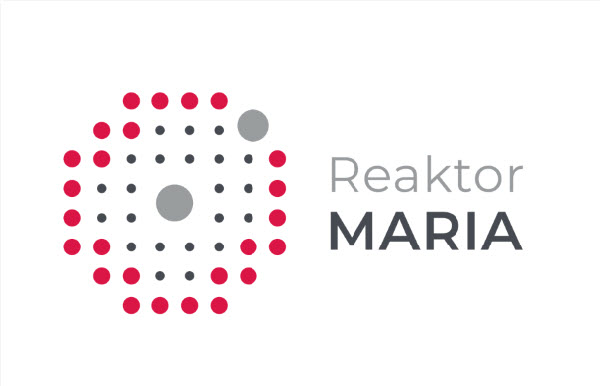How do you weigh galaxies for the greatest sky surveys?
2022.01.10 - Marek Pawłowski
NCBJ coordinates Polish participation in the largest observational astronomy project in history. The field of view of a telescope built in Chile will cover an area 40 times larger than the Moon’s disc. The observations planned for 10 years will provide, among others data about variable objects. Scientists from NCBJ working as part of the ASTROdust team are already preparing algorithms that will enrich the set of information obtained from the observations.
----
New educational projects addressed to students and enthusiasts
2021.12.30 - Piotr Spinalski
In the coming year, we plan to invite everyone to the Open Door Days in Świerk. This time, however, we will open these doors virtually, thanks to which we will show more and everyone willing. We will also extend the campaign of lending detectors to schools that enable them to conduct lessons on radiation.
----
A new method of determining distances in the universe uses quasars
2021.12.30 - Marek Pawłowski
Astronomers use many methods of determining the distance to celestial bodies, but each of them has limits of its applicability. An international group of scientists, with the participation of Professor Marek Biesiada from the National Center for Nuclear Research, proposes the use of quasars for this purpose. The method could be applied to objects whose image reaches us even 13 billion years ago.
----
The past to the future, or how physicists study the functioning of the first Homo Sapiens cultures
2021.12.21 - Marek Pawłowski
The end of the year is a good time in research institutions to recall the particularly interesting results achieved in the previous twelve months. These undoubtedly include those that are the result of collaboration between scientists of various specialties. Their example is the joint work of archaeologists, chemists and physicists on the archaeological site in Ćmielów, published last year.
----
Gravitational waves allow us to test the General Theory of Relativity
2021.12.17 - Marek Pawłowski
Based on the latest research results from the LIGO / Virgo gravitational wave observatories, scientists conducted tests of General Relativity (GRT). Nine different methods were used to verify the consistency of Einstein’s theory with the observational data. No discrepancies were found. Polish scientists from the Polgraw group, including scientists from NCBJ, participated in the research.
----
NCBJ cooperates with „Cities with Climate” as part of specialist strategic consulting
2021.12.14 - Marek Pawłowski
At the turn of November and December, a meeting inaugurating strategic consulting under the City with Climate initiative was held. Cities distinguished in the project start cooperation with renowned institutions. One of the advisory institutions invited to this cooperation is the National Centre for Nuclear Research.
----
Catching neutrinos in the Large Hadron Collider
2021.11.26 - Marek Pawłowski
In an article published this week in the journal Physical Review D, the FASER experimental collaboration reported on the possible first historic observation of neutrinos at the Large Hadron Collider (LHC). One of the initiators of this experiment Was Dr. Sebastian Trojanowski from the International Research Agenda AstroCeNT at the Astronomical Center. Nicolaus Copernicus PAS and the National Center for Nuclear Research (NCBJ).
----
Can dark matter help solve the problem of how fast the universe is expanding?
2021.11.25 - Marek Pawłowski
Scientists from NCBJ have recently proposed a mechanism for the production of self-interacting dark matter, resulting from decays that occur after the end of the recombination era. The authors showed that self-interacting dark matter can simultaneously solve the problems of the ΛCDM model on small and large scales.
----
Prof. Wojciech Wiślicki represents Poland in the Advisory Board of CERN Quantum Technology Initiative
2021.11.24 - Piotr Spinalski
Prof. dr hab. Wojciech Wiślicki, Director of the Complex Systems Research Department at NCBJ, Was nominated by the representatives of the CERN Council as a member of the CERN QTI (Quantum Technology Initiative) Advisory Board. Prof. Wiślicki, as one of the 22 members of the Council composed of experts in the field of quantum technologies, will, together with the Program Management Team, build and conduct both national and international activities and cooperation in the field of quantum technologies.
----


